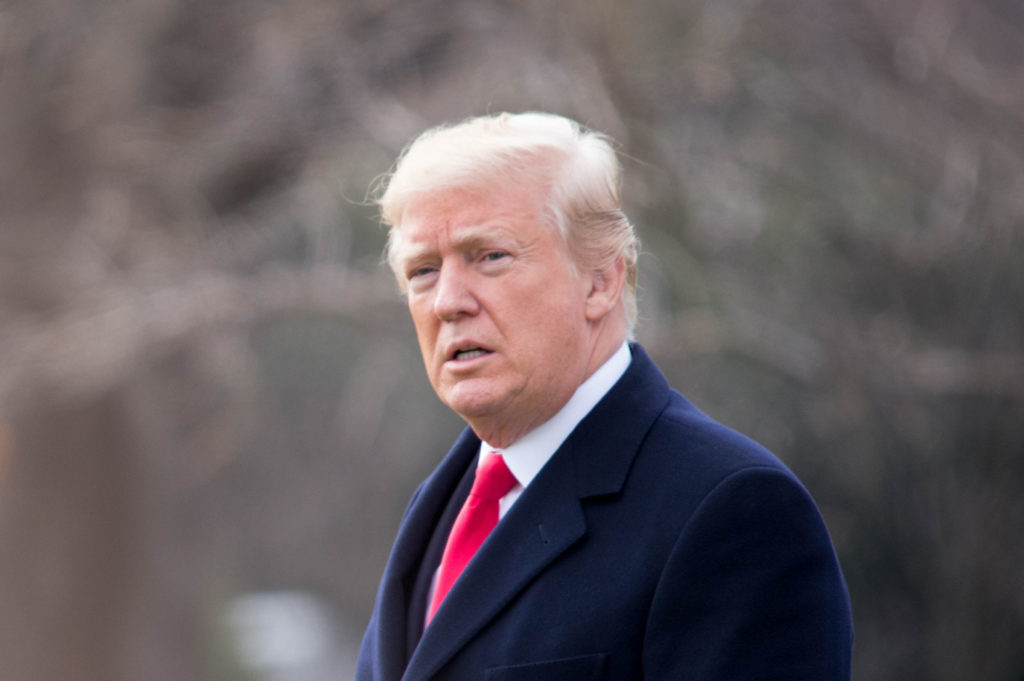About those January 6th Committee criminal referrals…

The January 6th Committee is reportedly in the process of finalizing its criminal referrals, which are expected to be announced before the holidays. No matter what’s announced, those referrals are going to be spun in all kinds of ways by the media and pundit class, some of it wildly inaccurately. So now is probably a good time to talk about what the referrals will, and won’t, mean.
For starters, criminal referrals don’t carry any legal weight in general. The Department of Justice makes its own decisions about what criminal charges to bring, based on the evidence, and whether there’s a realistic shot of getting a jury to convict. Criminal referrals are most useful in instances where a Congressional committee uncovers a secret crime that no one knows about, and uses a referral to tip off the DOJ about it.
This is obviously a very different situation. The DOJ has its own long-running tight-lipped criminal investigation into January 6th. Thus far it’s resulted in seditious conspiracy convictions against Oath Keepers leaders, search and seizure warrants carried out against top Trump co-conspirators, and high profile grand jury testimony against Trump. The January 6th Committee clearly doesn’t need to make referrals to alert the DOJ to the existence of a criminal plot in this instance.
So what purpose would criminal referrals serve at this point? The short answer is optics. It would be the committee’s way of telling the public that as far as it’s concerned, Trump and others are indeed guilty of serious crimes. This could help boost public demand for the DOJ to indict Trump and others. But it’s difficult to imagine the Garland DOJ making prosecutorial decisions based on public opinion.
The kicker is that no matter what the 1/6 committee announces, it’ll get spun in a defeatist direction. If it makes dozens of high profile criminal referrals, the media and pundit class will insist that it doesn’t count for anything. If the committee instead makes just a handful of targeted criminal referrals, the media and pundit class will insist that this means anyone not on the list has “gotten away with it all.” That’ll be a fictional hot take, but that never seems to matter; angry defeatists will eagerly jump on board with any doomsday narratives about the referrals.
The bottom line is that if you’ve trusted the 1/6 committee up to this point, then you have to trust it to make the right decisions when it comes to these referrals. Yes, you might enjoy the catharsis of seeing fifty criminal referrals raining down. But again, criminal referrals don’t have any legal weight, and don’t actually do anything to the people named in them. They’re not really anything, beyond – again – optics. So there’s no excuse for angrily turning against the 1/6 committee just because it decides to handle the referrals differently than you might have done it.
One thing I will be watching for: criminal referrals for contempt of Congress are a bit unique in that because Congress itself is the victim, the referral does carry a bit of weight. We saw the DOJ stop what it was doing and promptly indict Steve Bannon and Peter Navarro for refusing to testify, specifically because the 1/6 committee asked it to. Even in this instance, the DOJ will only indict if it believes it can actually get a conviction at trial. But it’s the one instance where the DOJ appears to view a criminal referral as more than a mere formality.
So what I’ll be looking for is what happens with witnesses like Roger Stone and Alex Jones, who reportedly pleaded the fifth in response to every or nearly every question. You’re allowed to plead the fifth in any specific instances in which you reasonably fear your answer might be used to prosecute you, even if you consider yourself innocent. But by all accounts you’re not allowed to simply plead the fifth to every question. This is considered to be contempt of Congress, the same as if you had refused to testify at all. So will the 1/6 committee refer the likes of Stone and Jones for contempt, and if so, will the DOJ see those as viable cases? If so, it could help nail them on a smaller charge, whether any larger charges like seditious conspiracy end up sticking against them or not.
In any case, with these 1/6 committee criminal referrals reportedly set to arrive in late December, and the DOJ grand jury process against Donald Trump seemingly picking up steam and nearing an end stage, it would be a hoot if these referrals happened just as Donald Trump and others were being indicted and arrested. We’ll see.
